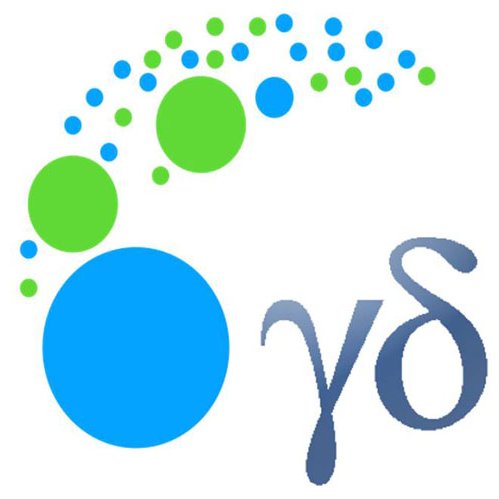FOR 2799
Receiving and Translating Signals via the γδ T Cell Receptor
Speaker:
Professor Dr. Immo Prinz
Hannover Medical School
Institute of Immunology
Carl-Neuberg-Straße 1
30625 Hannover
Phone: +49 511 5329739
Telefax: +49 511 5329722
E-Mail: for2799@mh-hannover.de
FOR2799.de
γδ T cells were discovered over 30 years ago. However, in contrast to their MHC-restricted αβ T cell counterparts, their place in cellular immunity of vertebrates is not yet defined. Over the past few years, the visibility and scientific output of the γδ T cell field has rapidly gained momentum due to outstanding new findings regarding the identification of potential ligands for the γδ TCR, insights into the role of γδ T cells in the control of infectious diseases, and due to the recognition of γδ T cells as a potential cellular therapy against tumors. Thus, γδ T cell research is a hot topic with a lot of potential for translation into clinical application. Notably, several German research groups have recently contributed important new findings to the γδ T cell field. Together, we are therefore confident that that it is the right time to join our forces within the frame of a DFG Research Unit.
In this proposal, we hypothesize that recognition of cognate antigen via the γδ TCR leads to intracellular signal transduction and γδ T cell activation, differentiation and execution of effector functions, and activated γδ T cells proliferate and thereby focus the γδ T cell repertoire. The specific aims of this consortium are to cooperatively monitor and define how γδ T cells participate in immune responses against cancer and infections, to better understand how the γδ TCR is activated, and to investigate the consequences of γδ T cell activation. To this end, our portfolio ranges from clinical observational studies to the investigation of basic biochemical questions and from experimental in vivo studies back to translational clinical approaches. We will exchange and jointly apply our complementary experimental systems and further push forward novel technologies such as high-resolution TCR repertoire analysis, high-dimensional phenotypic analysis by multi-parameter and mass cytometry and single cell RNA sequencing to understand how the γδ TCR receives and transduces external signals.
On the long run, the overarching goals of FOR 2799 will be i) to increase the visibility of German γδ T cell research, ii) to identify how γδ T cells respond to neoplastic and infected cells and iii) to explore how our knowledge on γδ T cell activation can be translated into clinical strategies for their in vivo manipulation, e.g. in anti-tumor therapy.
![[Translate to Englisch:] Copyright: Prinz, Immo/Institut für Immunologie/MHH [Translate to Englisch:] Gruppenbild FOR2799](/fileadmin/_processed_/3/a/csm_Bild1_neue_HP_f3465e6a4b.jpg)
